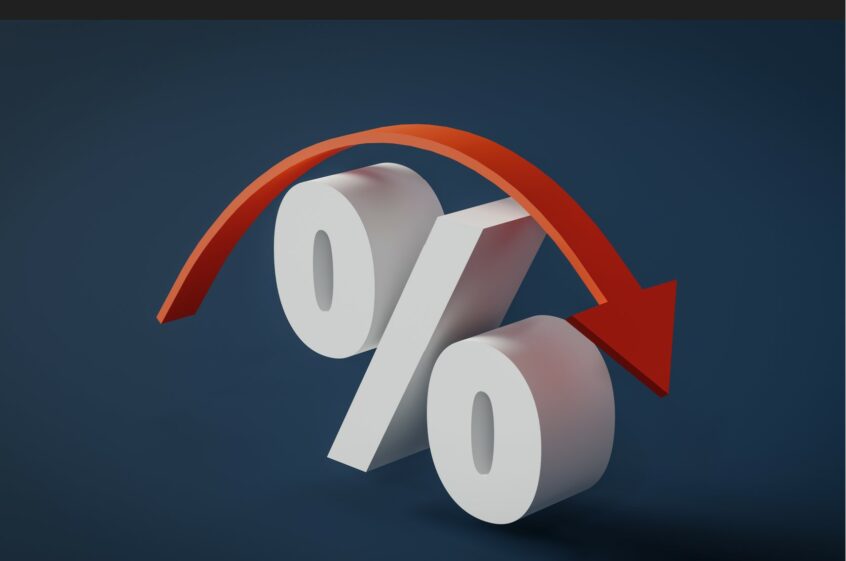Global equities gained 1.2% in both local currency and sterling terms last week. This more than reversed the small losses of the previous week and left markets 1-2% above their end-March highs.
The positive sentiment was driven by a string of weaker than expected data releases in the US, which bolstered hopes that the Federal Reserve might cut rates sooner than had been expected. Optimism on this front was also given a boost by news that the Bank of Canada had cut rates by 0.25%.
US bond yields duly fell, boosting the equity market overall but particularly high growth stocks and the tech sector which are more sensitive to moves in bond yields than cheaper ‘value’ stocks. The tech gains were once again led by Nvidia which rose 10% and mid-week briefly reached a market capitalisation of $3 trillion, overtaking Apple in the process.
However, the report on Friday of a much stronger than forecast gain in US payrolls in May and a larger than expected rise in wages rather dented this narrative. The numbers cast doubt on whether the economy is in fact slowing sufficiently to encourage the Fed to start cutting rates even while inflation remains significantly above target.
Meanwhile, the European Central Bank lowered rates as expected by 0.25% to 3.75% on Thursday. But this was followed by relatively hawkish comments from President Lagarde and various other ECB governors emphasising that further reductions would be data-dependent.
All this led to markets returning to expecting no more than one or two US rate cuts towards year-end and bond yields as a result moved back up again. 10-year US yields ended the week slightly lower at 4.45%, leaving Treasuries and UK Gilts with gains of 0.5% or so.
The prospect for US rates will remain centre stage this coming week with the May US inflation data and Fed meeting both scheduled for Wednesday. Core inflation is expected to edge down slightly to 3.4%. As for the Fed, no change in policy is virtually guaranteed and the attention will all be on its new economic forecasts and Chair Powell’s press conference.
Politics was also a major focus last week – and not just because of the absence of a certain person from some of the D-Day commemorations. In a shock result, Narendra Modi and his BJP party lost their majority in the Indian Election, triggering a 6% sell-off in the equity market.
But this proved short-lived with the market now back up to its previous high. Modi has formed a new government with the help of his coalition partners and the reformist pro-business policy stance of the government looks unlikely to change significantly.
Growth in India should continue to run at a strong 6% or more with the main constraint on further equity gains being their high valuation. The market trades on a price-earnings ratio of 23x, higher even than the 21x of the US.
We have also had the European parliamentary elections. Here, a shift to the Right and Far-Right had been expected but while this did occur, the centre-right European People’s Party will remain the largest grouping. Policy changes accordingly look likely to be mainly limited to rather tougher immigration policies along with a watering down of recent green initiatives.
The main surprise came in France with President Macron’s decision to call a snap parliamentary election following his party only receiving half the number of votes of Marine Le Pen’s right wing party in the European elections. While Macron’s Presidential term has another three years to run, Le Pen could well win a parliamentary majority although France’s two stage voting process means this will be harder than the European election results suggest.
While right-wing populist leaders such as PM Giorgia Meloni in Italy – and arguably also Donald Trump – have proven rather more moderate in government than their previous rhetoric suggested, such a prospect would inevitably be viewed with some trepidation by markets.
This week, the US inflation data and Fed meeting on Wednesday will be the centre of attention, along with a Bank of Japan meeting on Friday.

Rupert Thompson – Chief Economist

